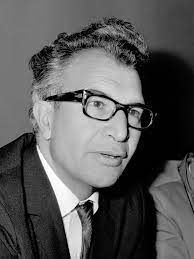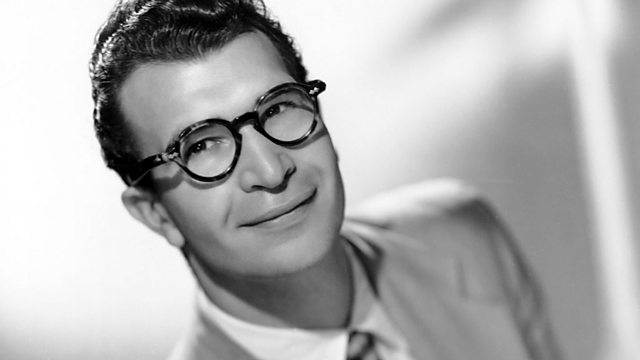Dave Brubeck was not only a legendary jazz musician but also a visionary whose innovative approach to music left an indelible mark on the genre. Here are 10 fascinating facts about this iconic musician:
- Time Signature Pioneer: Brubeck was renowned for experimenting with unusual time signatures in his compositions. One of his most famous pieces, “Take Five,” was composed in 5/4 time, a rare and challenging meter in jazz music at the time.
- Musical Diplomat: In 1958, Brubeck and his quartet became the first jazz musicians to perform at the White House, playing for President Dwight D. Eisenhower. This performance marked a significant milestone in the acceptance of jazz as a legitimate art form.
- Civil Rights Advocate: Brubeck was a vocal advocate for civil rights and used his music to promote racial harmony. He famously canceled 23 of his concerts in the Southern United States in 1958 when the venues refused to allow his black bassist, Eugene Wright, to perform with the rest of the quartet.
- Jazz Ambassador: Throughout his career, Brubeck toured extensively as a jazz ambassador for the United States, performing in countries around the world. His tours helped to popularize jazz internationally and foster cultural exchange during the Cold War era.
- Classical Influences: Brubeck’s musical influences were not limited to jazz. He studied composition with the French composer Darius Milhaud, whose neoclassical style deeply influenced Brubeck’s approach to composition and improvisation.
- Experimental Albums: Brubeck was known for his experimentation with different musical styles and genres. He recorded several albums that fused jazz with classical music, Indian music, and even electronic music, pushing the boundaries of what was considered jazz at the time.
- Educator: In addition to his performing and recording career, Brubeck was a dedicated educator who believed in the importance of music education. He taught at universities and conservatories, including the University of the Pacific and the Berklee College of Music, inspiring countless young musicians.
- Album Milestones: Brubeck’s 1959 album “Time Out” remains one of the best-selling jazz albums of all time. It features “Take Five” and “Blue Rondo à la Turk,” two of his most iconic compositions, and showcases his innovative use of unusual time signatures.
- Honors and Awards: Brubeck received numerous honors and awards throughout his career, including a Grammy Lifetime Achievement Award, a Kennedy Center Honor, and induction into the DownBeat Jazz Hall of Fame.
- Legacy: Dave Brubeck’s legacy continues to influence generations of musicians. His innovative approach to rhythm and composition, his commitment to social justice, and his passion for musical exploration have cemented his place as one of the most important figures in the history of jazz music.


No responses yet